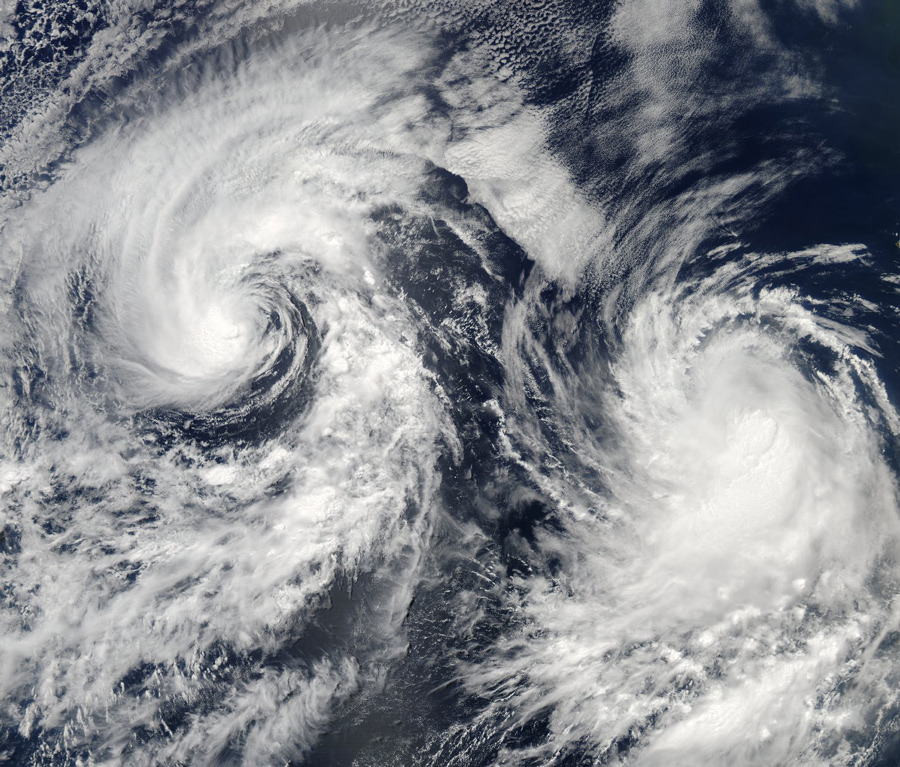In his book, Environmental Communications and the Public Sphere (2nd Edition), Robert Cox writes that "the appeal to 'sound science' in environmental policy reflected a keen awareness of the cultural norm that policy should be as free as possible of political bias and grounded in reliable and valid knowledge" (303). However, he is pretty knowledgeable of the real world, and acknowledges that this appeal is idealistic by stating, "agency budgets, pressures from political constituents, ideology, and other factors limit the extent to which policy decisions flow directly from scientific findings"(303).
He goes on to describe how industries challenge scientific findings about chemical contamination or atmospheric contamination, or any other environmental damage, by funding their own scientific research, then releasing a favorable report to mass media outlets as source information, which in turn creates multiple public results and results in "the public's questioning of the legitimacy of scientific claims and scientific consensus about environmental problems" (311). According to cox, "feeling uncertain about an issue, the advice goes, the public will be less motivated to demand action" (310).
I have a theory for thought- that through out the recent history of mankind, the past 2000 years, society has been driven, by religion, science, and economics. In that order too, but not exclusively so...Think about the major movements in history. Generally speaking and simplifying things, back in the day, when the Egyptians were building pyramids, to when Moses parted the Red Sea, to when the Pope was waging war campaigns in the Middle East,everything was done in the name of God, in other cultures it was some other deity. Then in the 14th century, the Renaissance happened and it was followed by the Age of Enlightenment. During the Enlightenment; people started investigating and making sense of the natural world and scientific thought was prominent in society, rational discussion about social issues and ideas in the public sphere was seen as necessary, alchemy evolved into modern chemistry. Society was driven by the interest in scientific discovery. Then after we entered the Industrial and now Informational Age, society has become driven almost strictly by economic gain, the need for another dollar.
All three of these things play and may have always existed in society, at the same time, however usually one is more leading than the other. And it seems to me that in our society, science and religion have been pitted against each other, such that they are irreconcilable, and that way economics wins by default. Religious charity works and organizations can really positively impact a community or group of people. Science can really positively impact the lives of many people too. There is no reason that a religious person who believes that God created life and Earth can't work together with a scientist who sees climate change as a threat to life in order to come up with a solution for a common cause, that is to take care of Earth and the life on it. Yet for some reason in culture religion and science cannot seem to come together, and in turn economic monetary gains is the determining factor for policy and dominates ideology.
Question: What do you get when you combine science and religion?....Magic.








